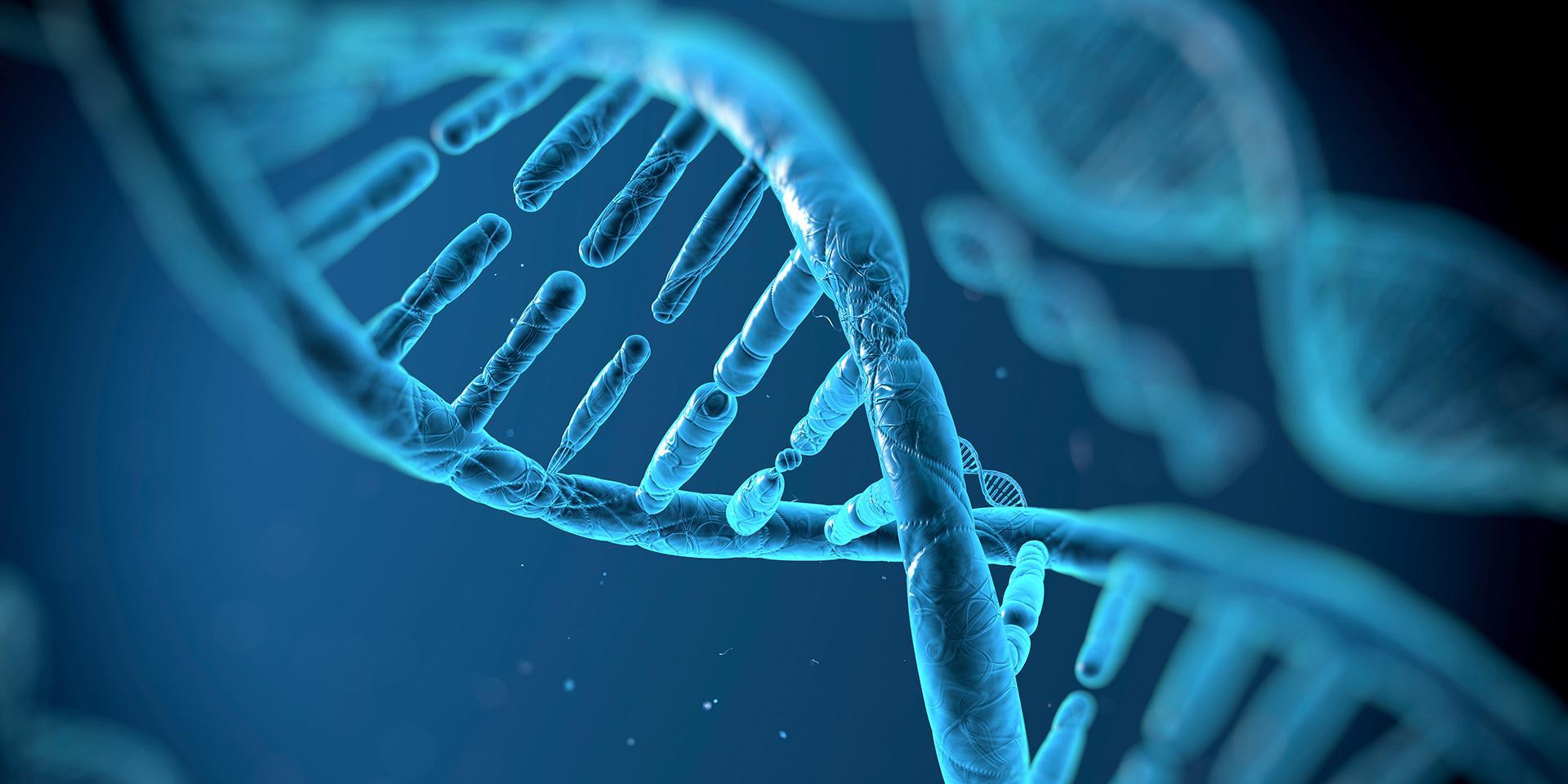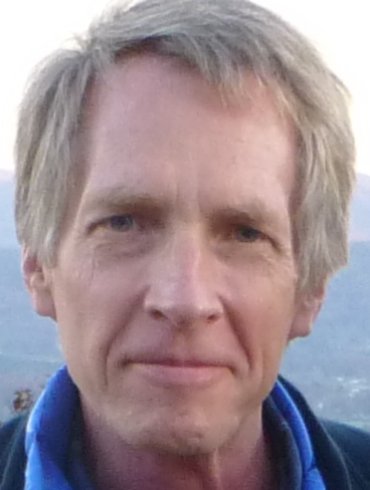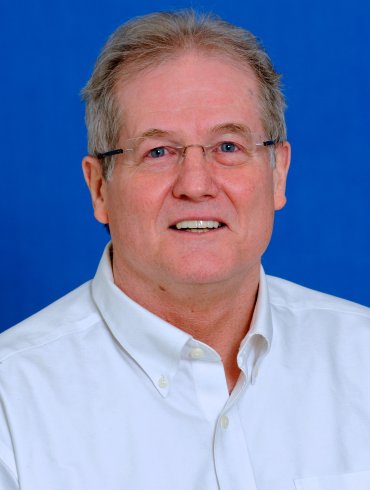
Research Interest: The Beebe laboratory is primarily interested in nano pulse stimulation (NPS) conditions and novel metal drug complexes that activate immune cells (dendritic cells, macrophages, and innate cell-trained immunity) at one end of the spectrum and ablate cancer (mouse and human breast cancer) and induce immune mechanisms by in vivo vaccination at the other end of the spectrum. Studies focus on molecular mechanisms in mitochondria (electron transport chain and permeability transition pore complexes) that induce immune cell activation through metabolic shifts (oxidative phosphorylation to glycolysis) and that induce immunogenic cell death (programmed cell death mechanisms) and mechanisms in the tumor microenvironment that allow initiation and progression of immunity. All of these studies investigate cell signaling pathways from receptors to effectors.
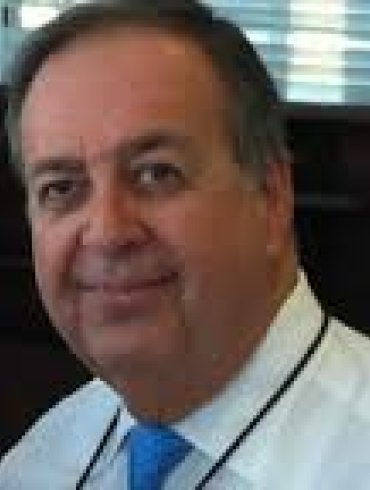
Research Interest: Vascular endothelial pathophysiology; endothelial barrier function and dysfunction. Acute Lung Injury and Acute Respiratory Distress Syndrome. Anti-inflammatory and anti-fibrotic actions of heat shock protein 90 inhibitors. Methods: molecular, cellular and whole animal.

Research Interest: Anticancer properties of gas plasma, cellular manipulation using gas plasma, cancer therapy and regenerative medicine

Research Interest: 1) Gene electrotransfer and enhanced technology and its applications. 2) Nanosecond electric pulse (nsEPs) and enhanced technology for tumor ablation and mechanisms of immune responses induced by nsEPs. Long-term goal of my lab is to develop a safe and effective electric pulse technology based cancer therapy for clinical applications.

Research Interest: Area of Research: Cardiovascular Physiology/Pathophysiology
Research Focus: Can We Mend the Broken Heart: The Use of Nanosecond Pulsed Platelet Rich Plasma (nsPRP) as a Novel Treatment for Cardiac Ischemic Reperfusion Injury.
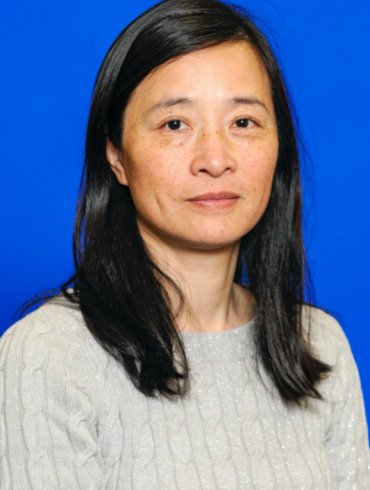
Research Interest: My engineering group are interested in cold plasma (ionized gases) for environmental and biomedical applications. In particular, studies of inactivation of microrganisms in a medium (i.g. air or water) or on a surface using electrical discharges, cancer cells inhibition or inactivation using intense ultrashort electric fields, and reactive oxygen and nitrogen species are our areas of interest. Explore Plasma and Pulsed Power Group

Research Interest: Gas plasma science and technology, redox chemistry and biochemistry of gas plasma-activated solution, medical device and tissue disinfection using gas plasma, and other biomedical applications of gas.

Research Interest: Nanosecond pulsed electric fields (nsPEF), human-made electrical stimuli which give rise to a wide array of unique bioeffects, are a promising new modality for tumor and tissue ablation. NsPEF primarily damages the cell plasma membrane. This perturbation is followed by the activation of repair mechanisms and, depending on the ability to heal the injury, cells can either recover or die. Dr. Muratori's research focuses on studying how cells repair nsPEF damage and how cells die once these mechanisms fail. Her goal is to gain a better understanding of the cellular responses to nsPEF in order to develop more effective tumor ablation therapies.

Research Interest: Andrei Pakhomov has a broad interest in nanosecond pulsed electric fields (nsPEF), from molecular and cellular mechanisms to prospective applications in cancer ablation, deep tissue stimulation, and defibrillation. He leads research on nanoelectrode opening and life cycle, conduction properties, cell stimulation and activation, membrane repair, and cell death mechanisms and pathways. This is accomplished by combining advanced live cell microscopy techniques with single-cell electrophysiology (patch clamp), targeted electroporation, and diverse cell biology and biochemical methods.
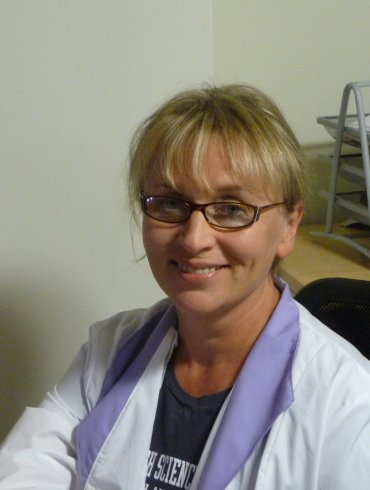
Research Interest: The current research is centered on understanding and characterization of cell response to pulsed electric field treatments, with particular emphasis on nanosecond-duration pulses and cell death mechanisms.
The main topics of the research include:
1) escalation of cell sensitivity to pulsed electric field (PEF) for the advancement of PEF-mediated tissue and tumor ablation
2) mechanisms of the PEF-triggered cell death, characterization of the cell death pathways
3) plasma membrane repair and link to disease. Explore Olga Pakhomova's Lab
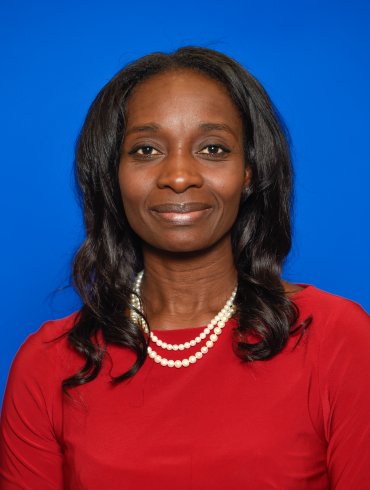
Research Interest: Bioelectronics, implantable and wearable nano biosensors, chemical sensors, biofuel cells, biophotonics, biomaterials, regenerative medicine, micro- and nanofabrication, BioMEMS, and embedded systems.
Research Interest: Dr. Sözer is interested in utilizing and understanding biophysical interactions of electric fields with multiscale biological systems ranging from pure lipid vesicles to cancer cells, and to the model organism C. elegans. She develops innovative, precise, and quantitative experimental methods and analysis tools, which aim to both increase our understanding and enable future technologies.
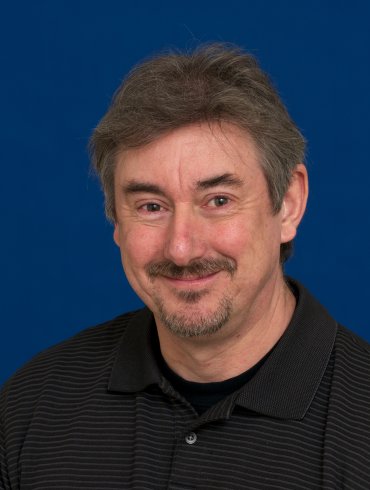
Research Interest: Hypoxia induced acidosis has severe detrimental effects on most tissues, solid tumors and chondrocytes (cartilage forming cells) being notable exceptions. We are investigating mechanisms whereby chondrocytes and cartilage related tumors thrive under such toxic conditions and how interaction between combined hypoxia and acidosis elicit expression of novel response genes. Explore Michael Stacey Lab
Research Interest: We concentrate on the effects of very short (nanosecond), intense (megavolt-per-meter) pulsed electric fields on cells and tissues, combining experimental observations with molecular simulations. The focus of our recent work is the delineation and characterization of the biophysical mechanisms that govern electric field-driven, nondestructive perturbations of biological membranes. Explore the Nanoscale Bioelectrical Physics Laboratory


